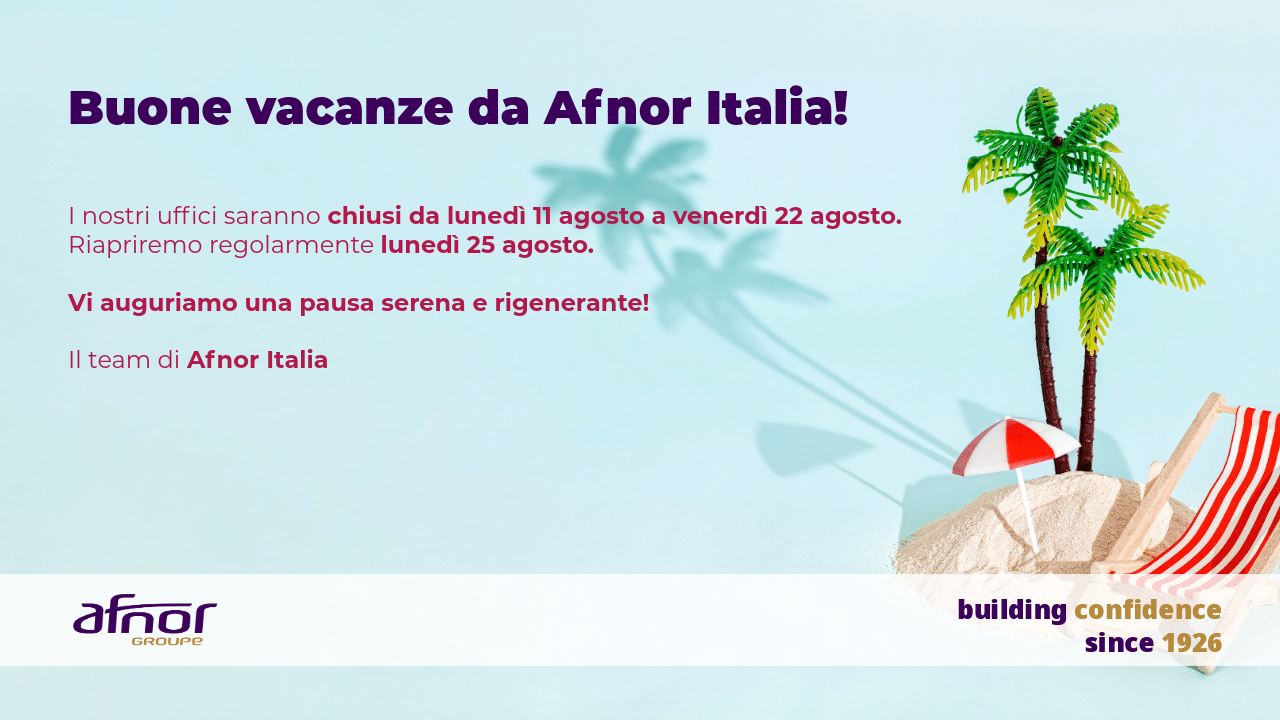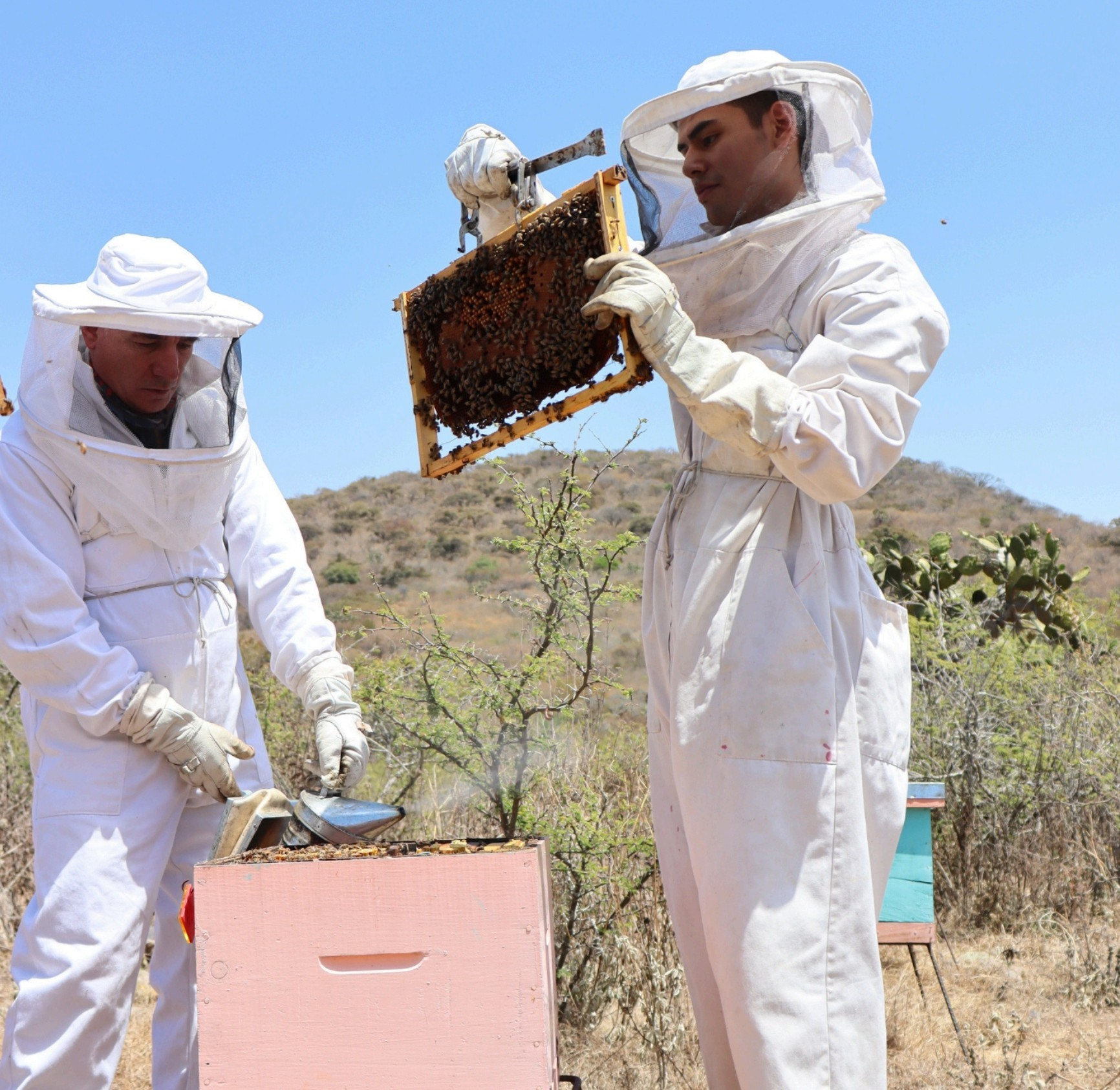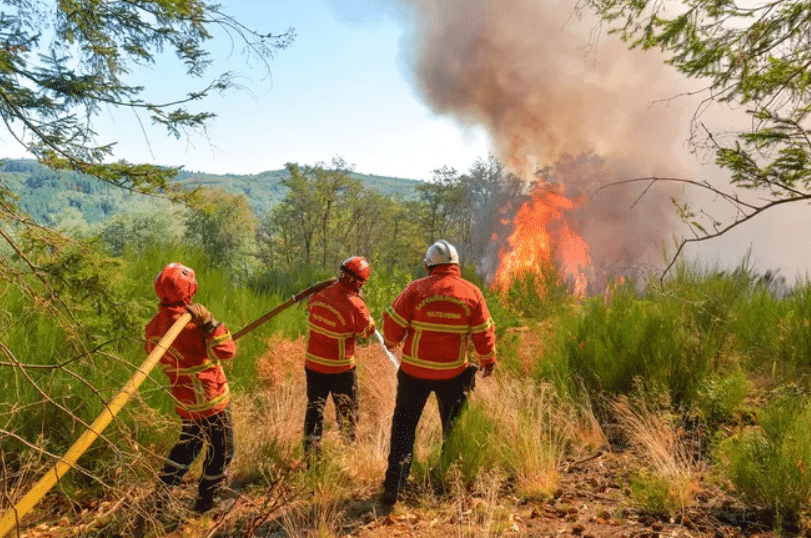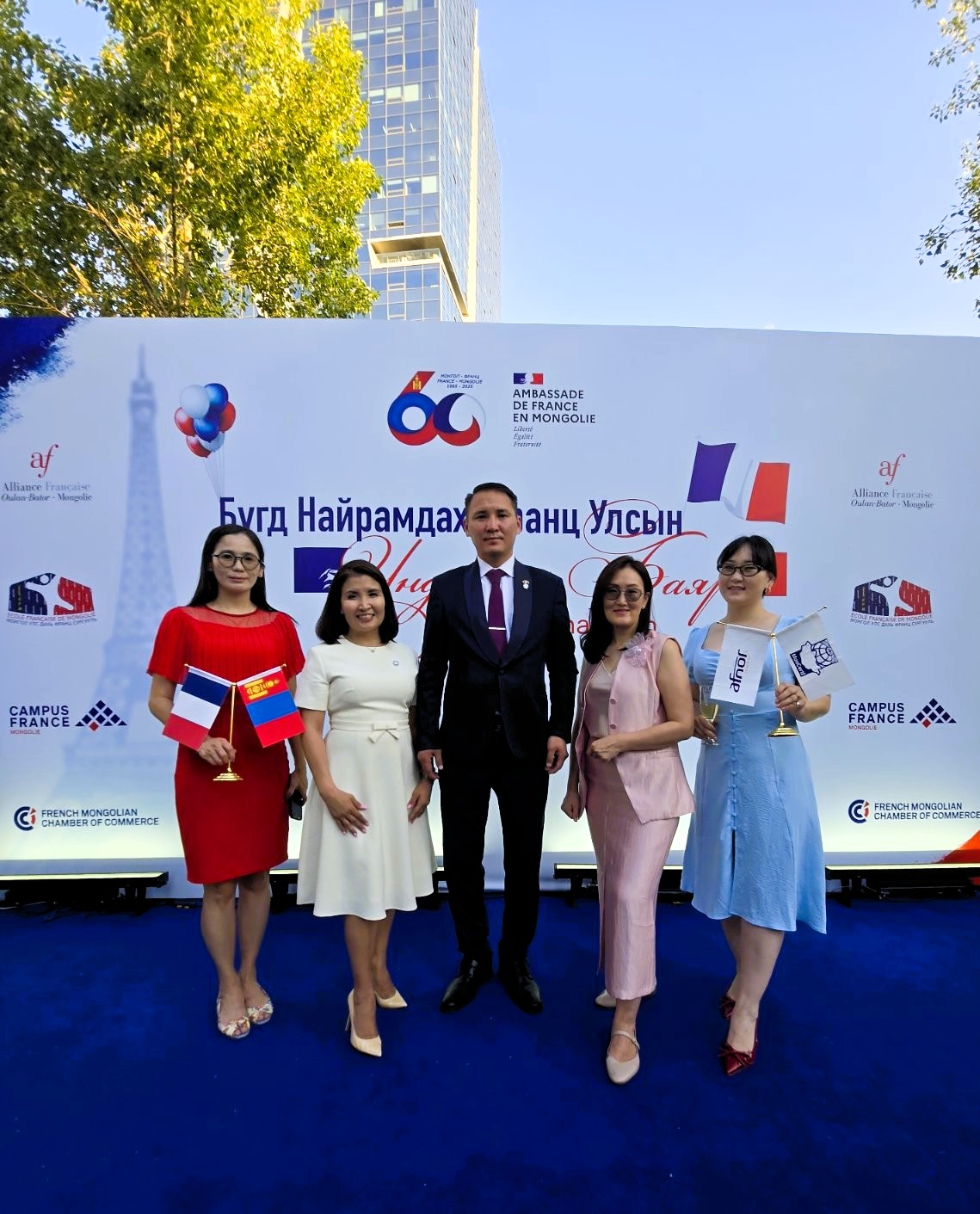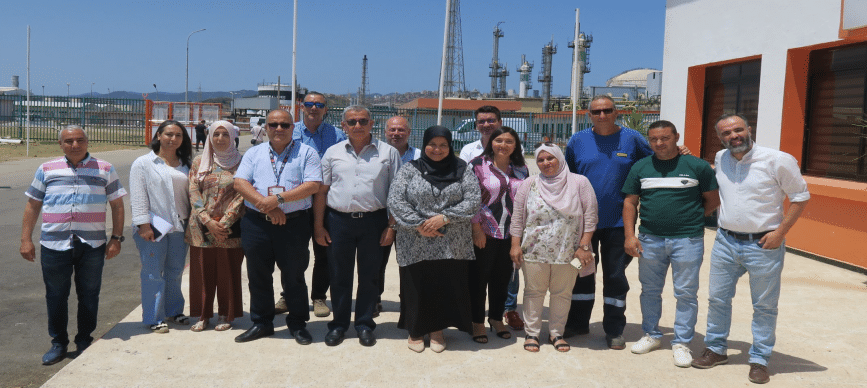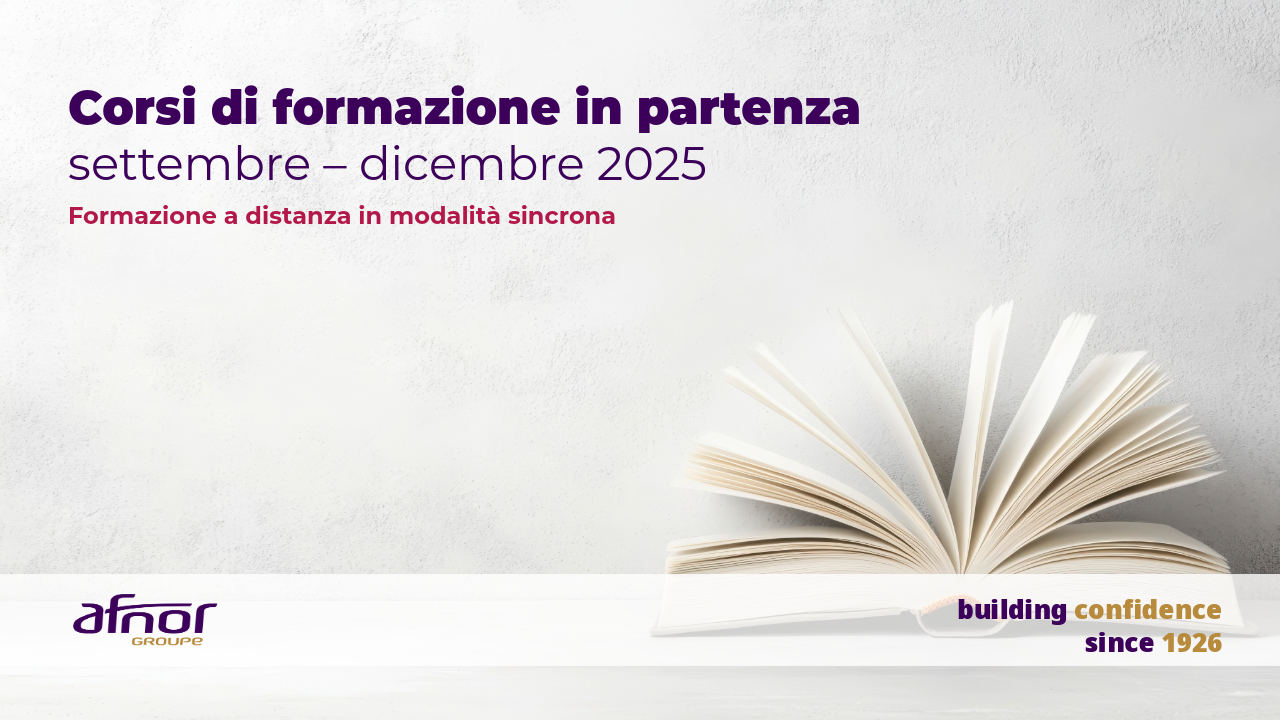In an ever-changing world, Corporate Social Responsibility (CSR) has become a strategic pillar for organizations wishing to stand out from the crowd. As the year 2025 is marked by regulatory changes and increased transparency, companies must now integrate a real and measurable CSR approach. In this context, ethical certifications are invaluable assets, reinforcing environmental and social measures while boosting international competitiveness.
A rapidly changing international environment
In a rapidly changing international environment, Corporate Social Responsibility (CSR) is taking on crucial importance under the growing pressure of global regulations. In Europe, the CSRD directive imposes an unprecedented level of transparency on companies. Meanwhile, Australia is tightening its environmental reporting requirements, while Japan is implementing strict guidelines for reducing CO₂ emissions and promoting sustainability. In China, government policies are encouraging the adoption of CSR practices to meet the increasingly demanding expectations of global consumers and investors. These international initiatives are prompting organizations to review their practices to meet new standards and stakeholder expectations.
Ethical certifications: a guarantee of credibility and differentiation
Ethical certifications offer independent recognition of a company's CSR commitment. By obtaining these certifications, companies prove their compliance with standards of sustainability, working conditions and environmental transparency. In an environment where greenwashing is increasingly criticized, these labels reassure investors, customers and business partners, while enabling companies to stand out from the crowd.
Integrating certification into an overall CSR strategy
Far from being a simple communication tool, ethical certification is part of a comprehensive CSR strategy. By structuring their approach around recognized certifications, companies optimize the management of key indicators such as carbon footprint and respect for human rights. A certified CSR approach is not only a protection against reputational risks, but also a lever for international competitiveness.
The Engagé RSE label: concrete examples
The AFNOR Group's Engagé RSE label, based on the ISO 26000 standard, marks a strong commitment to sustainable development. Aimed at all organizations, this label is based on a comprehensive reference framework that helps companies identify their CSR challenges, deploy appropriate practices, and manage their performance for continuous improvement.
Success stories
- TechnoGlobal France : SME in technologies, has reduced its CO₂ emissions by 18% in three years thanks to the Engagé RSE label.
- Sustainable Energy International 22% improvement in energy efficiency, proving the effectiveness of certified CSR strategies.
- AgroFood Global Multinational food company that has reduced its carbon footprint by 15% in two years thanks to a solid CSR structure.
AFNOR International: a global partner
With a presence in 37 countries, AFNOR International stands out for its support of companies in their transition to responsible CSR. Offering recognized certifications and training, AFNOR International helps organizations to meet the growing demands of regulations, thereby strengthening their image and competitiveness on the global market.
In a context where globalization and regulation are redefining the economic landscape, CSR is emerging as an imperative for sustainable growth. Ethical certifications are emerging as essential tools for this transition. By adopting these labels, companies position themselves as leaders committed to a sustainable future. Rely onAFNOR International 's expertise to transform your CSR commitments into sustainable, competitive assets.
Read more :
Sources
